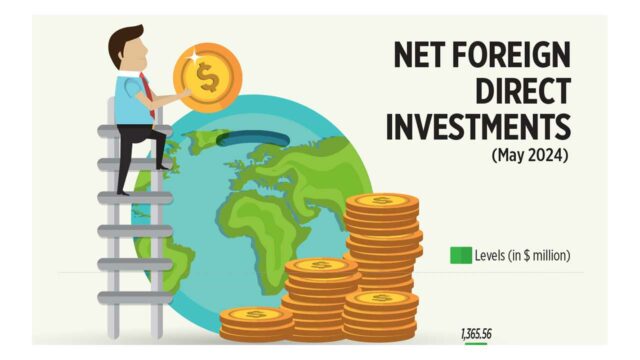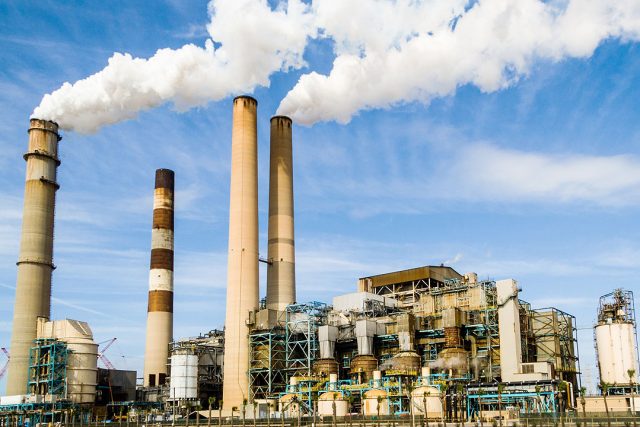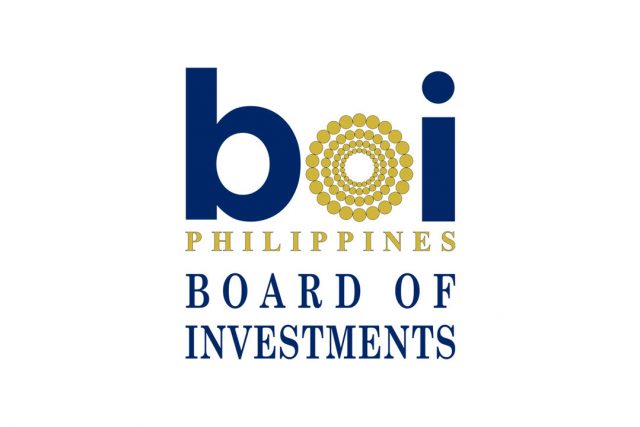Crypto startups raised more VC money during market slowdown
CRYPTO STARTUPS raised more money but closed fewer deals in the most recent quarter, mirroring the broader slowdown seen in the digital-asset world.
Venture capital (VC) investment in crypto companies totaled $2.7 billion in the three months ended in June, a 2.5% increase from the first quarter and a 9.8% decrease from the year-earlier period, PitchBook data show. The number of deals closed dropped 12.5% from the first quarter.
Overall, the crypto market faced a more challenging period after prices reached all-time highs in the first quarter amid the exuberance over the introduction of US exchange-traded funds (ETFs) being allowed to hold Bitcoin for the first time. Investor inflows into the ETFs slowed to $2.8 billion in the second quarter, down 80% from $13.7 billion in the quarter before, based on Bloomberg’s estimates.
“While still far below the 2021 and early 2022 highs, VC investing in crypto reached somewhat of a fever pitch in March and April,” said Rob Hadick, a general partner at crypto venture fund Dragonfly. “Later stages have continued to be soft and as the market turned in late April and into May, the VC market slowed again.”
Crypto market bellwether Bitcoin fell 13% in the second quarter, and has been little changed so far this quarter.
It was the third sequential quarterly increase in the total value of investment. The broader recovery this year in token prices and continued institutional adoption of digital assets suggests that fund raising will grow, Robert Le, senior analyst at PitchBook, wrote in a report on Monday.
The rise in valuations of projects in the second quarter came “as founders tried to capture the more rosy secondary market,” said Jason Kam, a founder of crypto venture firm Folius Ventures.
Investment continued to be focused on infrastructure projects such as new blockchains, while venture capitalists remained leery of consumer-focused applications. Shuyao Kong, co-founder of blockchain startup MegaETH, raised $20 million in a seed funding round in June, saying the fundraise came as the market remained “hungry” for high-performance blockchains.
The only large funding round that closed in the past quarter for a crypto application was for the social media platform Farcaster, which raised $150 million in May. Venture capitalists said there’s growing fatigue in infrastructure investment, and more VCs are looking for investment opportunities in applications, which has also contributed to the slowdown in the second quarter.
“It is a rebalancing of private investments away from infrastructure to applications,” said Tarun Chitra, a partner at Robot Ventures. “People are looking for applications and there are just fewer of those that are private market investable at the moment.”
At the same time, exit activities — the process by which investors realize returns on their investments by selling stakes in a company, increased to the most since the first quarter of 2022. There are 26 exits in the second quarter, including the acquisition of Bitstamp by Robinhood Markets, Inc. PitchBook expects exit activities could extend throughout the rest of the year.
“We expect more consolidation among crypto exchanges, custodians, and infrastructure providers as the market matures and smaller players seek strategic exits,” the PitchBook report said. — Bloomberg News






















